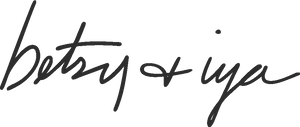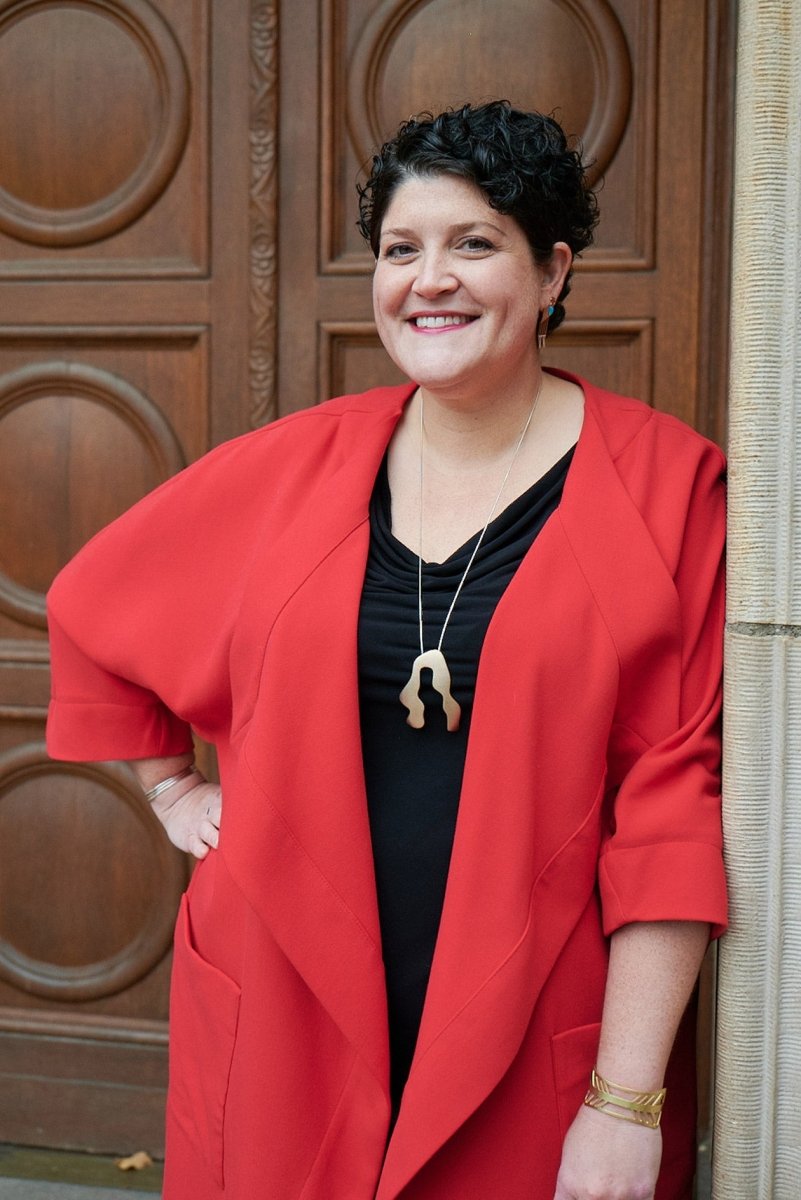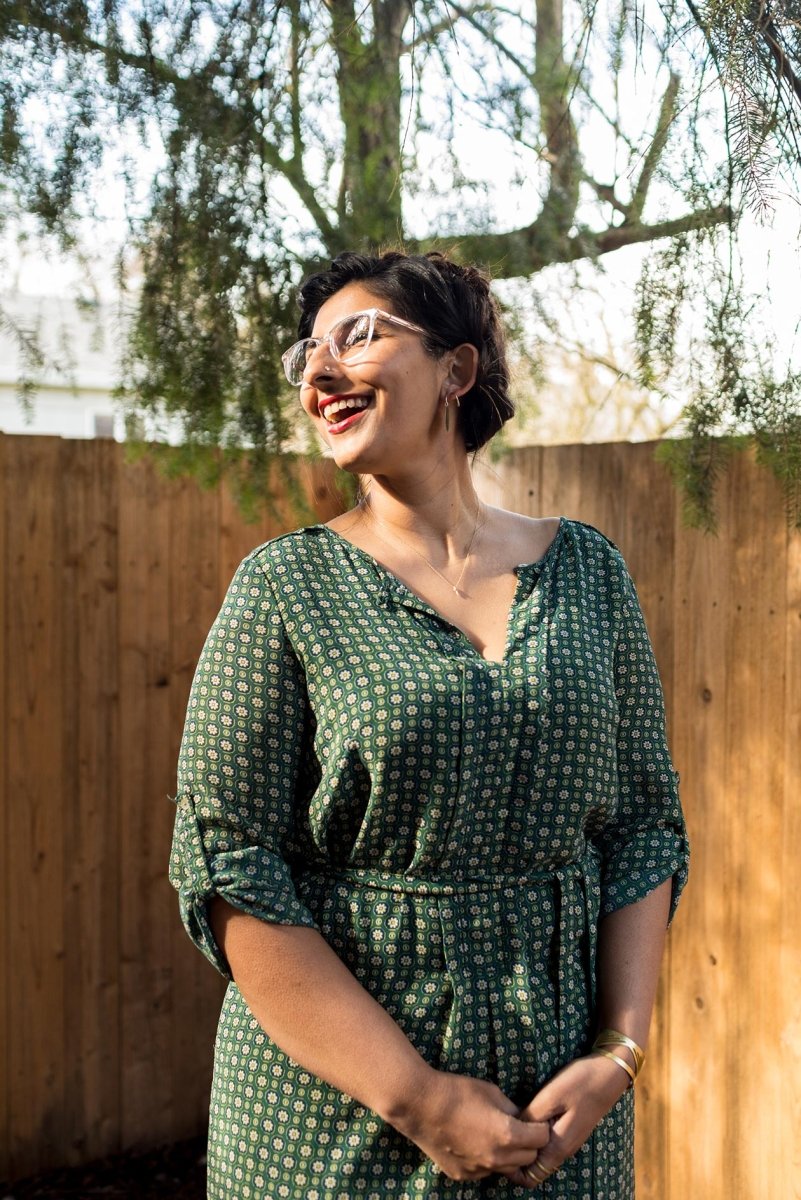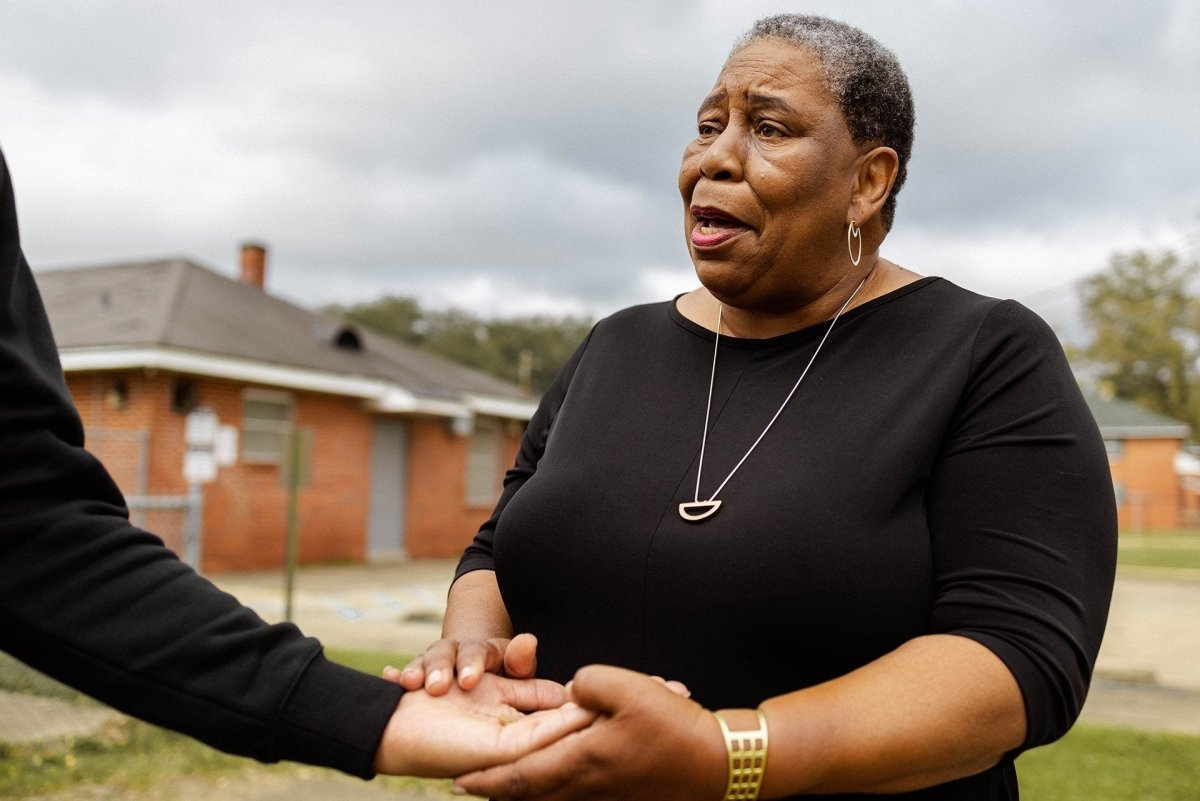By Frayn Masters | 2/9/2021
We sat physically distanced and bundled up on the steps of Congregation Beth Israel synagogue in NW Portland to have a sweet chat with Rabbi Rachel Joseph, because that’s how you do an in-person interview in a pandemic. The first snap of crisp in the air and the bright sherberts of autumn leaves were blissing out all around us.
These are the moments of connectedness we hold onto and bank these days.
A rabbi is a Jewish religious leader. The Hebrew literally translates as “my teacher.” As a rabbi, Rachel says she wants to make Judaism joyful, engaging, meaningful. She takes on many roles: pastor, nonprofit manager, counselor, public speaker, and communal leader. It’s her job she says to guide people in ritual practice, lead synagogue services, preaching, and teaching.
In her previous life, Rachel had a whole other career working as a nonprofit lobbyist in Washington, DC. She loved what she was doing but says she found herself really wanting to be more deeply connected to working with people from birth to death, to really inspire people, to go out and make a difference in the world.
She says the job switch was important for her to live out her and her family’s lifelong activism in politics in a more personal way. So it’s no surprise she became a board member for Planned Parenthood of Oregon. The Marketing Director there, Jimmy Radosta, says of her: “Rachel brings a great spirit and dedication to her work supporting reproductive freedom in Oregon, particularly in faith communities.” Supporting reproductive freedom not as a nonprofit lobbyist, but instead as a rabbi offers Rachel the privilege of holding space for people, being let into people's lives in difficult moments, and helping them find and make meaning.
Rachel had big personal news this year: she got married to her partner, Dr. Sara Spettel, right at the start of the pandemic. Our founder and designer Betsy Cross designed their rings. You’ll read more about the wedding and that experience later in the interview.

Left: Rabbi Rachel Joseph on the steps of Congregation Beth Israel. Right: Rachel wearing our Cully and Colima rings. Shop Rachel’s look.
There must be so many unexpected challenges, a certain kind of pressure that arises, standing in front of a huge congregation as a leader.
There was this one instance earlier on where I was about to give a sermon. And I saw a family — you never know who's gonna be there — they had just lost a child. I started psyching myself out. I started spinning about how my sermon would come off to them and when I was done it did not seem good to me. And I thought great, just great, and I was so upset.
The next day Rabbi Cahana, who’s been here 15 years, said let's talk about this. He said, ‘You never know who's gonna be here. You will never know and you don't know how anything is going to be received, ever. So the only thing you can control is how you feel about it. So as long as you feel good, that is what matters. Because, the message given is not the message received. You can't control how people are going to react.’ And that is how great Rabbi Cahana is.
So I try not to overthink it.
Thank you for sharing this moment from your beginning times. How do you look back on moments like this now?
My theology is that there is expanse on the other side of mistakes. Expansiveness out of constriction. Every day we get to create anew and that’s what makes us human.
If I wasn’t growing and changing from my choices, there’d be no point.

“To have the privilege of holding space for people is like nothing else. On Sunday I’ll be with a family and their new baby, and tonight, I will be on the phone for a funeral. And all of that really is, again, a true privilege. Being let into people's lives in these moments and helping them make meaning, there's just nothing like it. Really.”
What are some of the biggest highs that come from being a rabbi?
The biggest highs are being able to facilitate ritual. Because it is this amazing, liminal experience that you can't explain. That’s the magical part of my job, because I get to walk people through the ritual… this is what this is, and this is gonna look like this, but none of us understand until we’re in it.
To have the privilege of holding space for people is like nothing else. On Sunday I’ll be with a family and their new baby, and tonight, I will be on the phone for a funeral. And all of that really is, again, a true privilege. Being let into people's lives in these moments and helping them make meaning, there's just nothing like it. Really.
Can we just nerd out on all the ways we find communion with people?
It’s the whole reason I got into this business — to be with people.
And I love it all. I really love funerals. Who knew? It's a chance to learn about somebody after they've died. For the funeral tonight, I’ll be on the phone with the family. I didn't know this woman and hearing the stories is going to be amazing. I really get to learn about people, the good and the bad and even the I-promise-not-to-share-this-in-the-eulogy kind of stories. Coming into this work I really didn't know how much I was gonna love funerals. That's weird. That's a surprise.
I was going to google this, but then I thought, why? Rachel will have the best answer. Have women always been rabbis?
Ha. No. It's always up to debate on who was first. There was Rabbi Regina Jonas in Germany during the Holocaust, which was a really big deal. She was a rabbi at the great progressive reform synagogue in Berlin.
And then there was nobody until 1972.
What? Wow!

Left: Rabbi Rachel Joseph outside of Congregation Beth Israel. Right: Rachel wears her custom wedding rings, designed by Betsy. Shop Rachel’s look.
Yeah, there was nobody. And so it’s relatively new for women to be in this role. Now there are so many amazing women who are rabbis and cantors that the joke now is little boys saying, ‘Wait. Can men be rabbis and cantors?’
Ha. That is great.
Yes, but there is still a perception that a “real” Rabbi is an old man with a grey beard. The “joke” is that anytime there is news coverage of an event with Rabbis in Portland, the photographer just looks for any man with a kippah [Also known as a yarmulke]. Even I have some older congregants who are not used to a female leader. I love those guys. I hang out with them. What I appreciate about these guys is there is no pretense. They know where I stand, I know where they stand and we can have a drink and have a conversation and find things to connect about. Sometimes still they’ll say, ‘I just don’t understand you.’
But then one of them came to me and said, ‘I think we'd really appreciate it if you would lead a conversation on gender. Because we don't understand it, what is this people are saying? They're not a boy or not a girl? I don't know, what is this non-gender and non-binary? Our grandchildren are saying things and we don’t get it. Can we have a conversation?’
It’s good that they feel they can come to you.
Yes. And I said, YES to them, absolutely, we can talk about it.
I feel like the radicals knock down the door for the moderates to walkthrough. It's one of things I really love about this place [Beth Israel] because it's not a monolith. I don’t feel like I'm a radical, but I'm able to bring along a group of people and help them understand the world a little bit better and themselves a little bit better, too.
I lead a very diverse and cross generation group of people. For some it’s the only time where conservatives and liberals come together. We’re the largest Jewish congregation in Oregon, we’re very mainstream, and yet, we're constantly pushing people to get outside of their comfort zone and be involved in different ways.
It’s so important to have a space where we can gather as a Jewish community and a larger Portland community in times of joy and in times of sorrow. So, it’s so strange to be sitting here in October, outside of the temple, and realize that the last major event we held inside was my wedding seven months ago!
“I lead a very diverse and cross generation group of people. For some it’s the only time where conservatives and liberals come together. We’re the largest Jewish congregation in Oregon, we’re very mainstream, and yet, we're constantly pushing people to get outside of their comfort zone and be involved in different ways.”

Yes, you got married this year! And Betsy designed your rings… Let’s hear more about the wedding and those custom rings.
We met with Betsy and she started by asking us our story. I was excited to have something different than what people traditionally do.
It’s pretty thrilling to sit with somebody and tell your story. And then they turn it into a piece of art. I am a storyteller and Betsy is a storyteller.
What she designed for me was three rings, it’s all symbolic obviously. Betsy made the two main pieces fully complete so they can stand on their own. And they come together to form something bigger. Because a big part of our story is we are fully formed human beings that stand on our own. The whole idea is when we come together we lift each other up.
The triangles are about us reclaiming a symbol of gay persecution during the Holocaust. Betsy created 18 rays on each side. 18 in Judaism is chai and that means life. The middle ring has seven little pave diamonds in it and that symbolizes love. There's a mystical tradition about the seven layers of creation of the world and that ring brings all the rings together.
That is beautiful.
I love my rings because I get to wear my story wherever I go.

A closer look at Rachel's custom-designed rings. “The triangles are about us reclaiming a symbol of gay persecution during the Holocaust.”
Tell me a little more what it was like getting married during the pandemic!
We got engaged in October [of 2019].
The engagement was a really sweet surprise. Sara proposed by giving me a box that was empty except for a card that said we were going to visit Betsy the next morning so we could talk to her and have her design our own rings.
And the really funny thing was that I am not a big surprise person. So Sara knew, she knew — don’t pick out the ring ahead of time, we're not 20 anymore. We’ve both been there, done that. Don't do that again.
And then the week of our wedding comes. Five days before, the Blazers had a game at the Moda Center. Four days before our East coast grandmothers arrived. Three days before, [Governor] Kate Brown announced events were capped at 250 people. We could have still had it, but we thought that was not safe, so we uninvited 200 people three days before our wedding. A few people watched the live stream from the temple, the earliest of the online events.
We thought we were going to have this big party so we cried a thousand tears. But we felt lucky that we got married, no one got sick, it was that weekend and not the next when we were in quarantine and literally no one could go out.
Through this conversation, I find myself aware of your openness and care for your community. What great qualities to possess. What other gifts do you possess as a rabbi?
I think my presence and my ability to be present for people. I didn’t go into this saying... Oh! This is a thing I know I can really do. But, I have an ability to — no matter what shit is going on around a ceremony — I can bring people’s attention back to what is present. I did a wedding here [in the outdoor courtyard where we were sitting] recently. And there were people from just over there on the street screaming.
And I was like, “We’re all here, let’s just let that fade away.” And it did fade. I really, really feel it, that I am IN the moment with people. We can all just be.
It’s a gift and I feel really lucky because it’s something that really resonates with people.
What a wonderful asset to have as a spiritual leader.
Yeah; yes it is. That kind of being with them in the moment is what people are searching for.
Find Congregation Beth Israel a few minutes away from the Betsy & Iya flagship at CONGREGATION BETH ISRAEL / 1972 NW Flanders Street / Portland, OR 97209.
PRODUCED BY FRAYN MASTERS
PHOTOS BY AARON LEE



